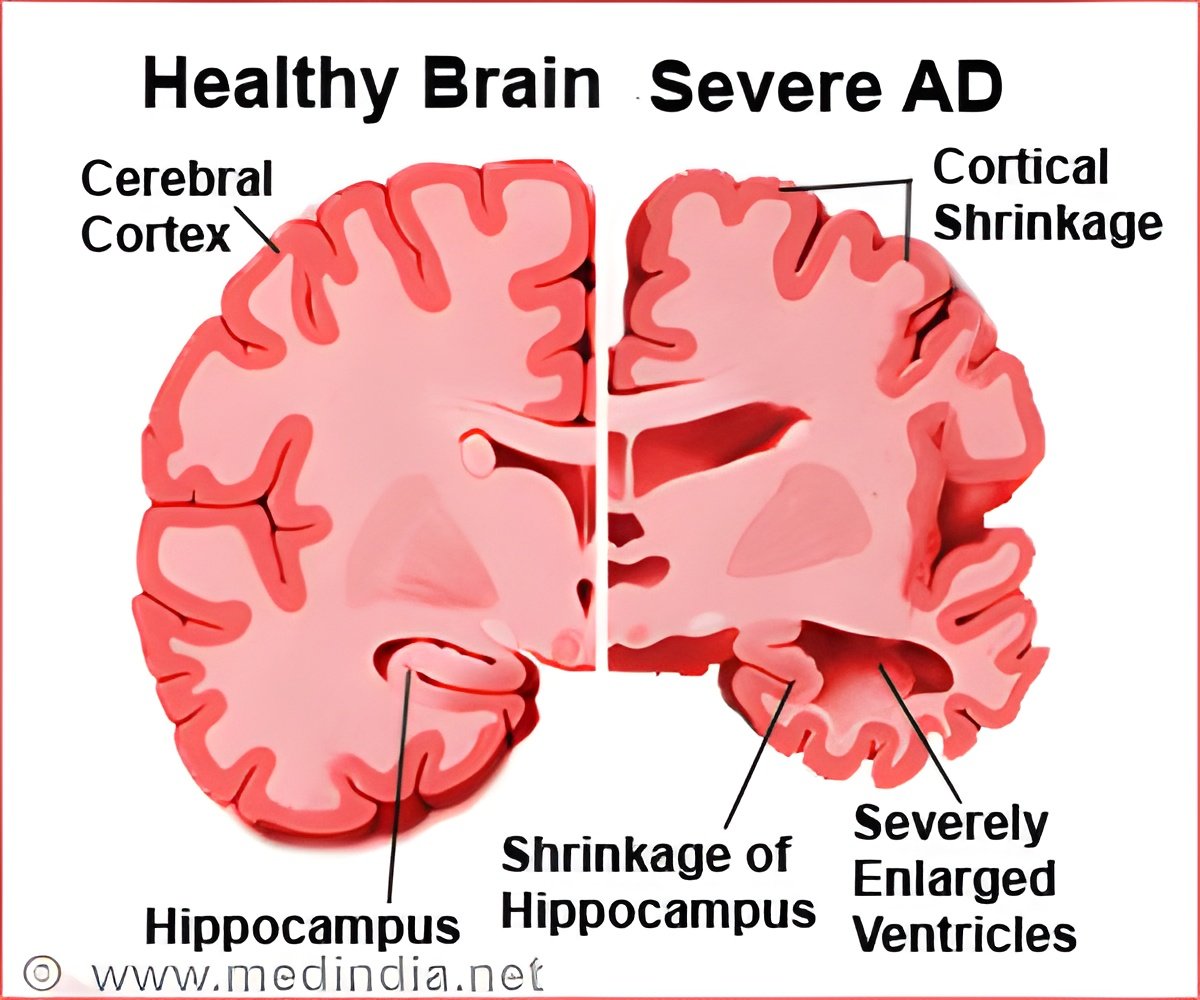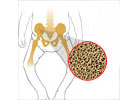Vitamin B12 with enzyme methionine synthase can reduce the toxic effect caused by the protein clouded in the Alzheimer’s patients.

When worms reach adulthood, they are paralyzed within 36 hours due to the expression of amyloid-beta, a poisonous protein linked to Alzheimer's disease.
A set of worms were immobile in one container and another set of worms in another container were wiggling, and it is documented as body bends by the research team.
This set of worms that had the bending moves, had optimal Vitamin B12 compared to the rest of the others, while earlier all the worms were grown under a common diet of the gut and intestinal bacteria, commonly referred to as E.coli.
This kindled the interests of the researchers to redirect their objective of genetics research, to study more about the correlation of this Vitamin b12 and its protective role.
“As humans, we have immense genetic diversity and such complex diets that it makes it hard to decipher how one dietary factor is affecting the onset and progression of Alzheimer’s,” Tanis said. “That’s where the worms are amazing. The worms we use all have the same genetic background, they react to amyloid beta-like humans do, and we can exactly control what they eat, so we can get down to the molecular mechanisms at work.”
Advertisement
Amyloid beta, which has been building up in the brains of Alzheimer's patients for a long time has the potential to poison the cells. As a result of the increased oxidative stress, more free radicals are produced, and cell energy is reduced. This is also true for laboratory-tested worms, but in the case of worms that are only 3 millimeters wide at most, the changes occur more quickly. The worms are paralyzed by the protein amyloid-beta.
Advertisement
The research team concluded that vitamin B12 needs a specific enzyme methionine synthase to produce this effect. If this enzyme is not available then there is no effect even with Vitamin B12.
Source-Medindia












